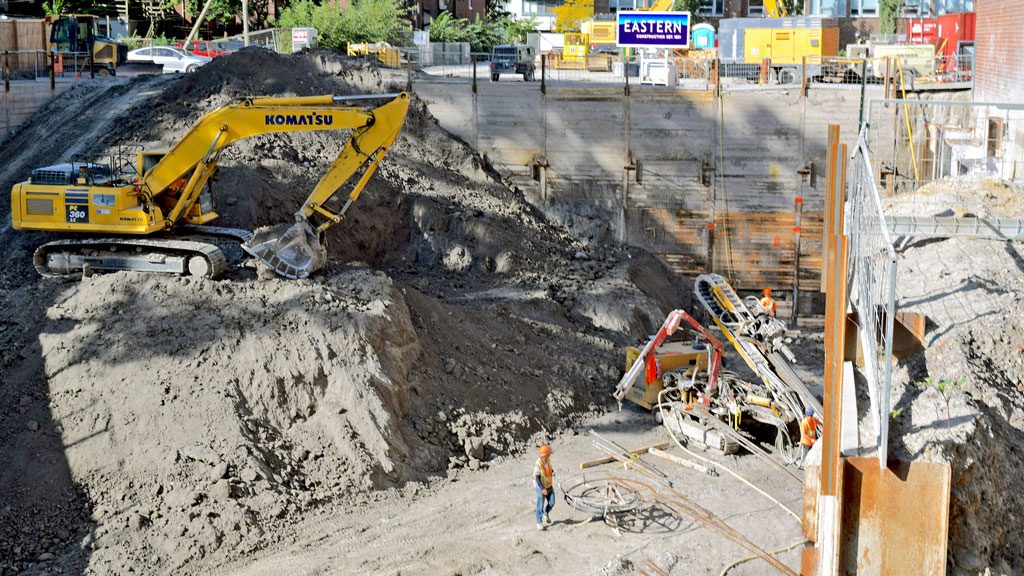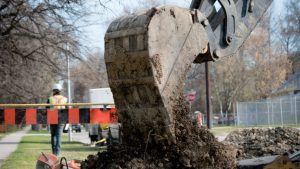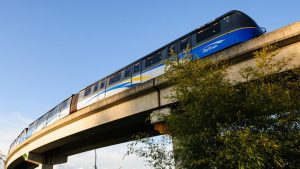The Ontario Regional Common Ground Alliance (ORCGA) will hold a series of 13 “structured discussion” sessions across the province beginning mid-October as stakeholders in the utilities-locating sector continue to grapple with the issue of late locates.
The Ontario Underground Infrastructure Notification System Act mandates use of Ontario One Call by utility stakeholders and gives infrastructure owners five days to produce locate information but the deadline is often ignored said Jennifer Parent, manager of growth, councils and membership services for the ORCGA.
The result can lead to long delays, costing contractors, excavators, locators, utility owners and other stakeholders time and money each construction season, Parent said.
“There is no silver bullet, there is no one solution,” she said. “But by not talking about it we’ll never get to a solution.
“This is a fact-finding mission and an opportunity for various stakeholders to express their concerns.”
The One Call system was launched in 2014 and it was observed at last February’s ORCGA Damage Prevention Symposium that conformity has improved since then. But it’s still a significant problem, so much so that the ORCGA leadership and Parent decided to launch the upcoming “discussions” to better understand the problem.
A mix of all the stakeholders and the construction conditions that are leading to this choke point,
— Jennifer Parent
Ontario Regional Common Ground Alliance
“We have a short construction season,” she said. “You have your hard construction season and then winter begins, and then when it comes to springtime activity really ramps up and you have increased locate volumes, it zooms up and it stays very high for a short amount of time.”
Other factors Parent identified include multiple stakeholders, crowded underground infrastructure and limited right-of-way space.
“We are going to find out at these meetings it is not one issue or one stakeholder group that is causing the problems, it is a mix of all the stakeholders and the construction conditions that are leading to this choke point.
“There are multiple stakeholders and they have different concerns. A construction crew has rented machinery and crews are standing around waiting to excavate, versus a locator who is trying to safely do their job and take their time and locating all the complex interwoven infrastructure.”
An article prepared for the current edition of the ORCGA magazine Ear to the Ground, by construction lawyer and consultant Frank Zechner on behalf of the Residential and Civil Construction Alliance of Ontario, argued the maximum fine of $10,000 under the One Call Act is often not an adequate deterrent to large utilities. Zechner argued there are not enough investigation and enforcement resources.
He published nine recommendations for improving the system including ensuring there are escalating sanctions for repeat violators and boosting fines for corporations violating all One Call laws.
Parent argued that reforming One Call legislation would not solve the systemic problems in the locates sector.
“Even if we changed the act it would not solve the problem of our short construction season,” she said. “And it takes a very long time to train a locator, that doesn’t solve that problem.”
The agenda for the meetings includes a presentation of late locate statistics, a session laying out One Call terminology and an open floor for discussion of issues.
Ideally, further discussions and analysis will lead to problem-solving in the future.
“It is information-gathering in order to initiate discussions and move in the direction of seeking solutions,” Parent said.
The sessions are scheduled for Sudbury on Oct. 16, Barrie Oct. 17, Owen Sound Oct. 22, Chatham Oct. 23, Sarnia Oct. 24, London Nov. 5, Burlington Nov. 6, Ottawa Nov. 13, Kingston Nov. 14, Oshawa Nov. 21, Waterloo Nov. 26, Toronto Nov. 29 and Thunder Bay in December on a date to be determined.
Follow Don Wall on Twitter @DonWall_DCN.









Recent Comments
comments for this post are closed